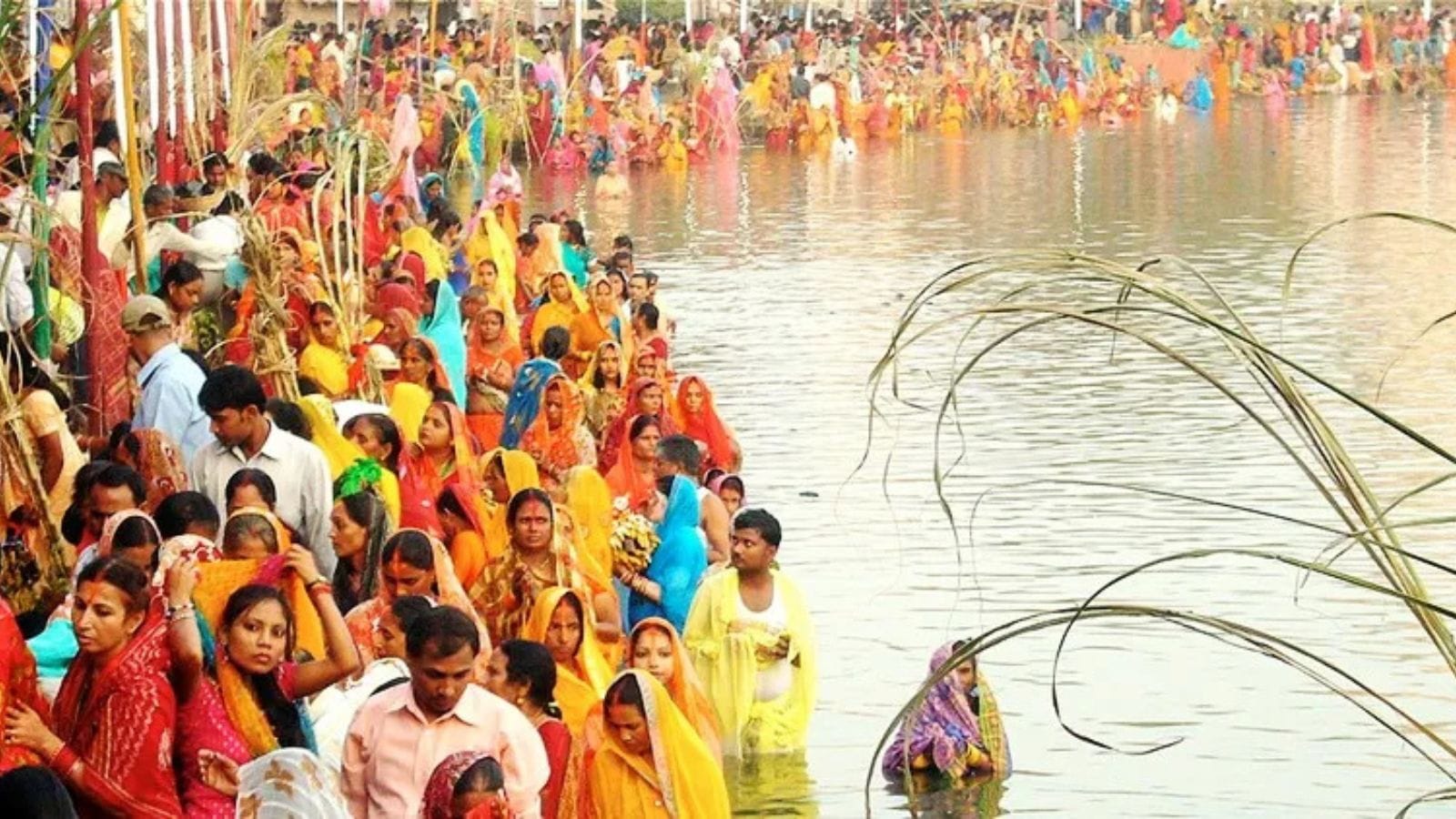Former SC Judge Emphasizes Environmental Dharma in Religious Celebrations
The article highlights the crucial need for religious practices and celebrations to align with environmental ethics and constitutional duties, encouraging a re-evaluation of traditions for a sustainable future.

Want daily inspiration like this? Subscribe to our newsletter!
Article Summary
Former Supreme Court Justice Abhay S Oka stated that no religion condones environmental degradation, breaking his silence on the allowance of 'green crackers' during Diwali. He argued that practices like bursting firecrackers, idol immersion, and using loudspeakers are not essential religious practices and often justify pollution in the name of faith, despite all religions teaching environmental protection. Justice Oka urged citizens and the state to uphold their fundamental duty to protect the environment.
Original Article: ndtv.com
[ Sentiment: positive | Tone: factual ]
This summary and analysis were generated by TheNewsPublisher's editorial AI. This content is for informational purposes only; it does not constitute spiritual or religious advice.
[ Sentiment: positive | Tone: factual ]
This summary and analysis were generated by TheNewsPublisher's editorial AI. This content is for informational purposes only; it does not constitute spiritual or religious advice.
TNP AI: Key Insights
Justice Oka emphasizes that no religion, including Sanatana Dharma, condones environmental degradation, asserting that practices like excessive firecrackers or polluting idol immersions are not essential religious tenets but rather modern additions that should be reconsidered for ecological well-being.
Sanatana Dharma inherently promotes reverence for nature (Prakriti), viewing rivers, trees, and animals as sacred. This judicial perspective reinforces the dharmic principle of living in harmony with the environment and exercising self-restraint (yama and niyama) in all aspects of life, including celebrations.
This encourages Hindu communities to innovate and adopt more eco-friendly ways of celebrating festivals, such as using natural materials for idols, promoting community-based immersions in artificial ponds, and opting for quieter, less polluting forms of celebration, thereby setting an example for responsible dharmic living and upholding their spiritual heritage.


